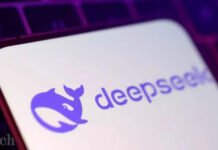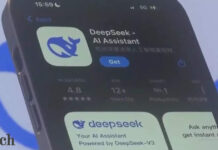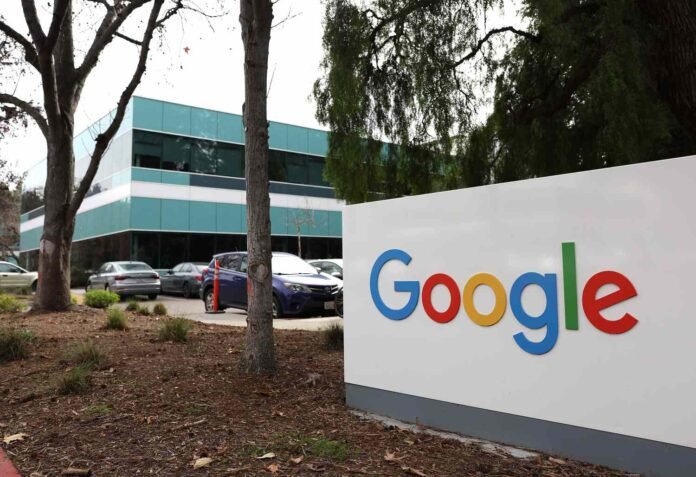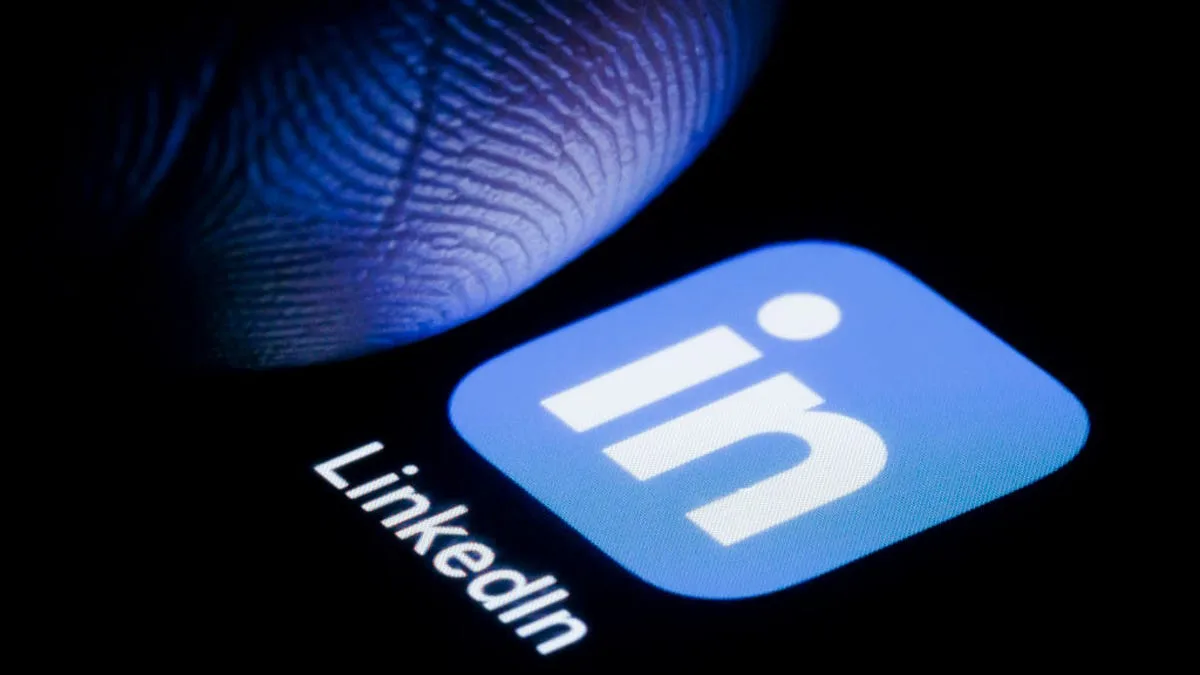Key Takeaways
- Google launched a new artificial intelligence (AI) model called Gemini on Wednesday, which could better the company’s standing in the AI race and make it more competitive with Microsoft-backed OpenAI.
- Gemini outperformed OpenAI’s GPT-4 model in most benchmark tests, Google reported.
- Bard, Google’s generative AI bot, is now running on Gemini, which could make it a more viable competitor for OpenAI’s ChatGPT.
Alphabet’s (GOOGL) Google launched Gemini, its latest artificial intelligence (AI) model with text, code, audio, image, and video capabilities on Wednesday, that it claims largely outperforms Microsoft-backed (MSFT) OpenAI’s GPT-4 and could help bolster the company’s position in the AI race.
Gemini 1.0, the first version of Google’s “largest and most capable AI model,” comes in three different sizes, Gemini Ultra, Gemini Pro, and Gemini Nano, which are optimized for varying complexity of tasks and devices.
The Gemini model performed better than GPT-4, OpenAI’s multimodal large language model (LLM) on most of the metrics measured including text, code, image, and video tasks, according to Google’s research.
Bard, Google’s generative AI (GenAI) tool, will run on Gemini starting Wednesday, in what the company called “its biggest upgrade yet.” Google said that an advanced version of Bard, running on Gemini Ultra, is set to be released in early 2024.
Google reported that “in blind evaluations with [its] third-party raters, Bard is now the most preferred free chatbot compared to leading alternatives,” suggesting it could be ready to take on OpenAI’s ChatGPT as the top GenAI tool.
Google’s Gemini launch comes as the AI race between tech giants heats up, with a few incumbents leading the charge.
“The only people who are actually deploying gen AI are startups and the hyperscalers,” specifically Microsoft, Google, and Amazon (AMZN), Jefferies analysts wrote.
Just yesterday, Meta (META) and IBM (IBM) launched the AI Alliance, a coalition to accelerate open innovation in AI of more than 50 organizations working in the AI space that notably lacked some early AI leaders like OpenAI, Google, and Amazon, in what could be a move to counter their influence.
Shares of Google parent Alphabet were down 0.7% in intraday trading Wednesday, but have gained nearly 46% so far this year.









